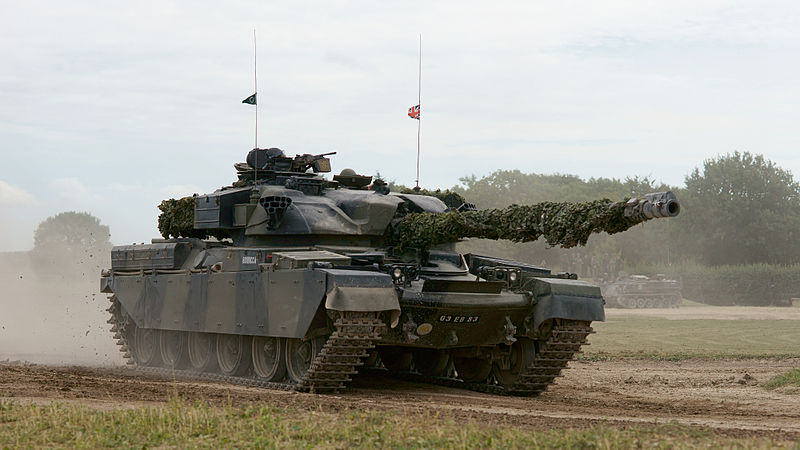August 9, 2019

The stress in British-Iranian relations hit a new barrier when the High Court in London ruled in July that the UK does not have to pay Iran some 20 million pounds in interest on the 387 million pounds it owes Iran over the canceled sale of Chieftain tanks during the revolution.
The debt was mentioned by Boris Johnson when he was foreign secretary as critical to the release of Nazanin Zaghari-Ratcliffe. Her husband has often said he believes she is being held as a hostage against repayment of the debt.
However, British Foreign Office officials long involved in the issue have said Iran has never even mentioned the possibility of trading the woman for debt repayment.
A ruling by Mr. Justice Phillips said the UK did not owe interest accumulated over 10 years on the principal it acknowledges it owes Iran. The issue of whether there is an Iranian body to which the UK can lawfully pay the 387 million pounds remains to be determined.
With the depressed pound, 387 million pounds is now worth just $472 million, far less than when the debt was incurred four decades ago. The 20 million pounds of interest involved is worth about $25 million now.
In February 2018 after meeting Zaghari-Ratcliffe’s husband, Richard Ratcliffe, a Foreign Office team told the daily Sun that the owed money would be handed over to Iran, but disagreements within the government meant it did not happen.
The Guardian reported that Iranian Foreign Minister Mohammad-Javad Zarif was so furious about the non-payment and what he regarded as Foreign Office double-dealing that he washed his hands of the Zaghari-Ratcliffe case.
Some of Zaghari-Ratcliffe’s supporters say the briefing to the Sun was more damaging to her chances for release than Johnson’s better-known gaff when he said she had been training journalists at the time of her arrest in Tehran. Her family says she was there on a holiday.
Supporters, including her MP, Tulip Siddiq, have raised questions about the scale of the legal fees the UK is racking up in the debt dispute.
The Ministry of Defense has supplied answers to Siddiq suggesting that the legal costs over 40 years were between 32 million and 41 million pounds ($39 million and $50 million). Ministers argue that sanctions against Iran have to be respected whatever the diplomatic gains from handing over the money and that repaying either the principal or the interest now would violate Britain’s sanctions.
The latest court case was about whether the Ministry of Defense was obligated for interest on the debt accumulated in the 10-year period after the Iranian body to which the money is owed became subject to EU sanctions. Interest on the debt before then is not in question.
The initial dispute centers on a 1970s arms contract. Britain agreed in 1971 to sell the Shah more than 1,500 Chieftain tanks and armored vehicles. The contracts were canceled in February 1979 after the Shah was deposed. Iran had already paid for the undelivered tanks and demanded its money back.
Iran’s ambassador to Britain, Hamid Baeidinejad, said Iran objected to the High Court ruling and would fight it, presumably meaning he will appeal to the Supreme Court.
Baeidinejad also labeled as completely wrong all talk linking the tank re-payment to the case of Zaghari-Ratcliffe.























